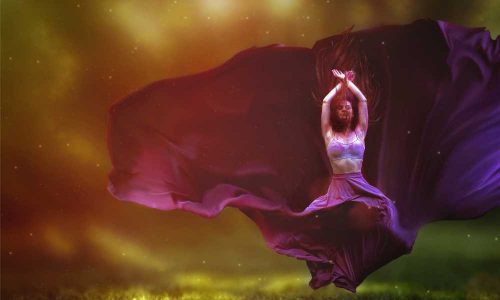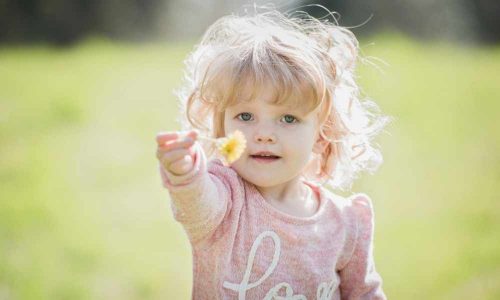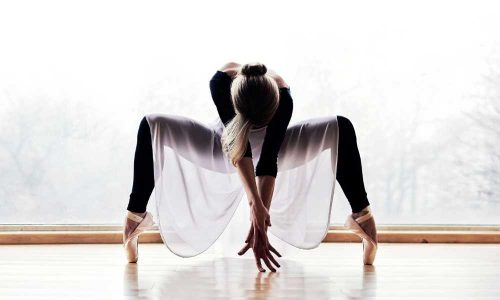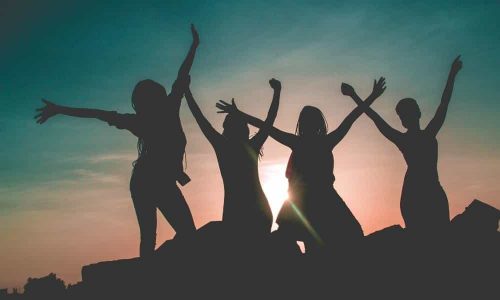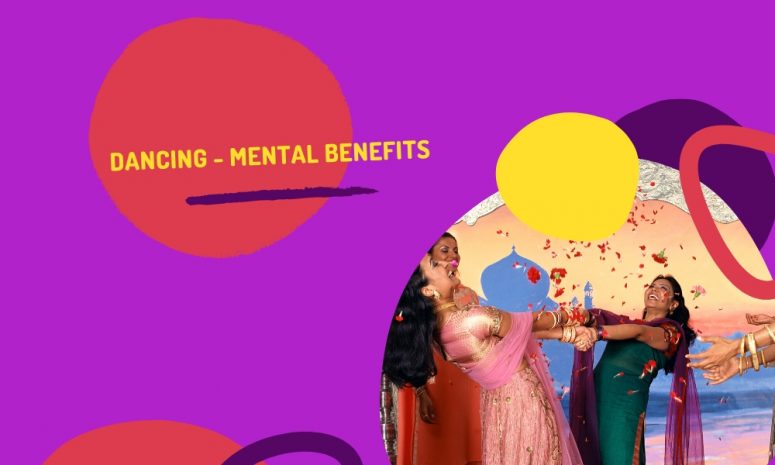
Mental Benefits of Dance For Kids and Adults
Although the short term effects of dancing on mental health are related to our mood and satisfaction, the long term benefits are related to discipline and memory.
why dancing is good for you?
Dancing as an excellent form of art and exercise not only helps to strengthen muscles but also increases our happiness levels. Like any other exercise dancing also releases endorphins, at the same time got an edge over others as it boosts physical activity and mind. In addition, adrenaline and endorphins act together to create a mental peace of high. Dancing also affects mental health by providing a sense of satisfaction and so dancing is good for you
How Does Dancing Affect the Mind?
Dancing has not only got short term benefits but also has got long term benefits on mind such as quick learning of things and prolonged memory. The way dancers learn and practice the steps offer them an ability to learn things in a methodological way and it serves dancers in all aspects of life, both inside the studio and out.
In addition to enhanced learning and memory skills, dancing also makes the person self-disciplined and self-motivated because of their structured approach towards their goal and practice. For this reason, dancing creates a very disciplinary nature and often the dancers carry this discipline over into other aspects of their lives.
Getting Started to Know Mental Benefits of Dance
If you have realized the mental benefits of dance and not yet begun dancing it is high time that you started it. Although all forms of dancing provide mental benefits; some forms of dance will have more/different types of benefits than other types. As an example, a slow form of dance like Bharatanatyam (a classical dance form in India) may not burn to help you many calories at once, but may well contribute to long-term discipline and memory.
In the same way, fast styles of dance may release lots of endorphins, but could not contribute much to discipline or memory. In the end, it’s all up to you to decide which dance form is most interesting to you to start with. Then you can prepare yourself to assimilate whatever positive mental benefits that the dance style offers you in the long run.
Mental benefits of dance for kids:
How is dancing going to affect the minds of children? Like the same way as adults children also benefits from the mental side except that they learn even faster! The benefits of dance for kids are a lot than that for adults.
If the mental benefits of dance are something you are looking forward to generating in the kids, parents can take their kids for a dance class soon. In addition to all the mental benefits which the dancing provided, dancing students become serious students and perform well in school, which is probably another good reason for you your kids to dance classes.
Note: If you are looking to know more about Indian Classical Dance Classes and its benefits, please visit IndianNatya.com
Why dancing is good for you? Dance is Great for Your Mind and Body
As per new scientific studies, dancing has proven to be keeping you healthy well into old age, potentially by reducing the risk of disability and dementia.
As published on one paper in the Scandinavian Journal of Medicine & Science in Sports, they studied how various activities affected about 1,000 elderly Japanese women and their risk of becoming physically disabled, as measured by their ability to complete tasks like walking, bathing, and dressing. These women were monitored over a period of eight years and their physical activity and general health regularly were monitored for signs of disability. It was found that certain types of exercise like dancing seemed to have larger effects on mental health than others. As per the study it was recorded that those who frequently danced had a 73% lower chance of becoming disabled during the study period, compared to women who did not. It was interesting to note that none of the other exercises had such a strong positive impact after adjusting for demographic and health factors.
The secret may be that dancing requires a variety of different skills, both mental and physical. “Dancing requires not only balance, strength, and endurance ability, but also cognitive ability: adaptability and concentration to move according to the music and partner, artistry for graceful and fluid motion, and memory for choreography,” the researchers write.
Another published in the Journal of the American Geriatrics Society analyzed more than 3,500 people ages 50 to 85 to determine whether mind-body activities such as tai chi, yoga, and dance has got a positive impact on aging adults’ cognitive function.
Even though there is no known way to stop or reverse dementia and cognitive decline the researchers could find that aging adults who engaged in mind-body exercises tended to have stronger global cognition (a measure of general cognitive function) than people who did not do any. They also found even stronger evidence for the mental benefits of dance that 60 to 120 minutes of tai chi or dance per week could improve global cognition even for those who already got some impairment. It proved that these dance-like activities positively affect cognitive flexibility — the ability to adapt to new and changing situations — language fluency, learning, memory, and organization, even more than other mind-body relations. Even though the studies did not record any health benefits for dancing it has come as an end product of those who perform well and do healthy. It’s possible, that physically and mentally healthy adults are simply more inclined towards dancing than people who aren’t as healthy.
A third paper published in 2017 proved that dancing can increase the amount of white matter in the brains of elderly adults. The researchers found this fact through brain imaging scans and learned that white matter degrades with age.
Swedish researchers studied more than 100 teenage girls who were struggling with issues like depression and anxiety. Half of the girls attended weekly dance classes, while the other half didn’t. The results showed the girls who took the dance classes improved their mental health and reported a boost in their mood. These positive effects lasted up to eight months after the dance classes ended. The researchers concluded dance could result in a very positive experience for participants and could potentially contribute to sustained new healthy habits.
Though dancing itself should not replace getting help from a mental health professional, it can be one of the many ways to practice healthy mental health and wellbeing. Dancing is good for you for overall improvement in mental health.
Swedish researchers conducted research on more than 100 teenage girls who are suffering from mental issues like depression and anxiety. Fifty percent of the girls were doing dancing and the remaining not. The final analysis showed that the girls who took the dance improved their mental health and reported a boost in their mood and it lasted up to eight months after the dance classes.
We found the mental benefits of dance for kids and also for girls. It is not only teenage girls who can benefit from the mental side of the dancing.
After taking 12 weeks of Zumba, senior adults (and adults of all ages) of ages 65-91 was recently studied in North Dakota and found that it improved moods and cognitive skills. Apart from the mental benefits of dancing, it can also allow us to become more connected to social gatherings. These social interactions can help people in improving mood and mental health.
If you are feeling like depression, consider trying dance as a form of mental therapy. It is important to note that dancing can never replace seeking out help from medical assistance, it can be one tool you use to stay mentally healthy and the studies we learned above justifies why dancing is good for you.
Looking for Indian classical dance classes or Bollywood dance classes online? We have some suggestions that should help get you dancing!

